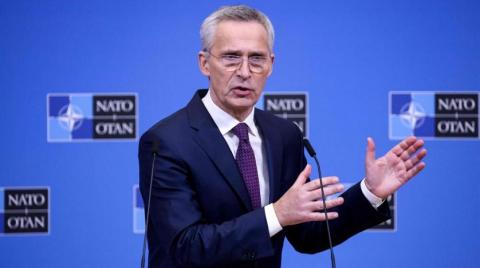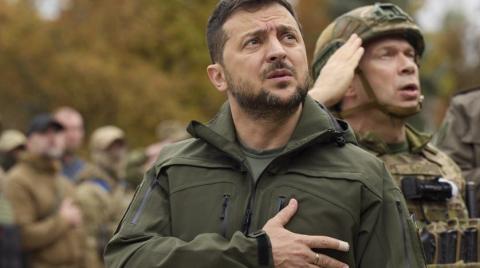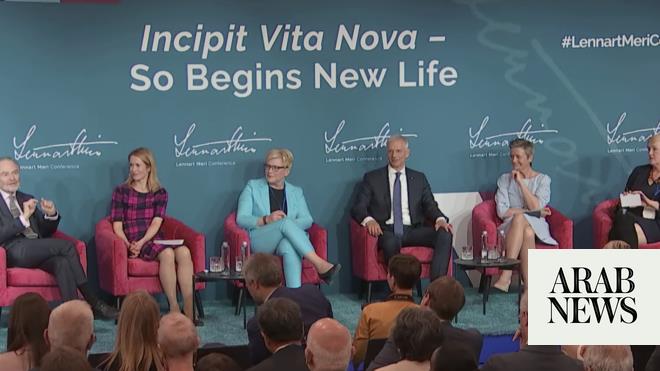
During the second world war, a poster famously read “Careless Talk Cost Lives” – based on the premise that German spies might be in the pub listening out for secret ops being divulged over a pint of beer.
Over the past three days, some careless talk at the top of government has served to underline how difficult it is in a modern war for ministers to get their messaging right. Run of the mill ministerial blunders in domestic politics can be tidied up with little consequence, but in a propaganda battle such as this, minor errors and misspeaks can be ruthlessly exploited by Moscow to justify escalation or to sow division.
That requires ministers to stick to the broad government script while trying to sound more diverting than an answerphone message. It also requires an unbelievably quick mopping up operation since, in the first major war fully to engage western social media, a lie can be retweeting itself halfway around the world before the truth has got its counter-tweet ready. Hence it took a few hours for the home office minister Kevin Foster to delete his tweet proposing that desperate Ukrainians could come to the UK if they tried some fruit picking. Even on Monday, the home secretary, Priti Patel, was struggling to reconcile her policy with the handling of individual cases.
More seriously, the foreign secretary, Liz Truss found her endorsement of British citizens answering Ukraine’s urging to enlist and join an international brigade may have seemed an innocent endorsement of Kyiv’s call. Equally her warning, now frequently made, that Russia may extend its offensive into Nato territory has been picked up by Moscow to justify Russia’s deterrence forces – including nuclear weapons – being put on high alert.
It may have been a specious Russian effort to justify an unjustifiable escalation, a point made by Nicola Sturgeon, the SNP leader and no soul sister of Truss, but it also shows the minefield in which politicians are currently walking.
In an interview on BBC One’s Sunday Morning programme, the UK foreign secretary had replied “absolutely” when asked whether she would back anyone wanting to volunteer to help the Ukrainians fighting for their freedom.
It took the defence secretary Ben Wallace 24 hours to point out Truss’s own department’s travel advice urges British citizens not to travel to Ukraine, and if British people wanted to help, it would be better either to donate financially or even enlist to join the British army.
The messaging became worse when the prime minister’s official spokesperson said western sanctions “are to bring down the Putin regime” at a daily briefing on Monday.
He said: “The measures we are introducing, that large parts of the world are introducing, are to bring down the Putin regime.
“We have introduced widespread sanctions, we aim to inflict financial pain on Putin and his regime to stymie the Russian war machine as it attempts to subjugate a democratic European country.”
Downing Street quickly explained the spokesperson had misspoken, explaining: “We’re not seeking anything in terms of regime change. What we’re talking about here clearly is how we stop Russia seeking to subjugate a democratic country.”
But again some damage was done since the item was zipping across the newswires, seeping into international media, and being gratefully grasped by Russia to prove this is about a Nato conspiracy to unseat their leader.
At root, there is an occasional British intellectual confusion that needs clarifying and policing. Boris Johnson has been at the forefront of those, saying that the west must not only actively help the Ukrainian resistance, but also ensure that Putin fails and is seen to fail, in essence to serve a lesson to autocrats worldwide that the age of impunity cannot chalk up such a famous victory.
As the west made clear in the case of President Bashar al-Assad in Syria, it is not seeking regime change, but instead for the regime to change. Some will say the distinction is bogus, but it is the difference between legality and illegality. Above all, it is about making sure Conservative politicians, brought to power by playing to a domestic gallery, realise the global gallery is listening just as hard.











